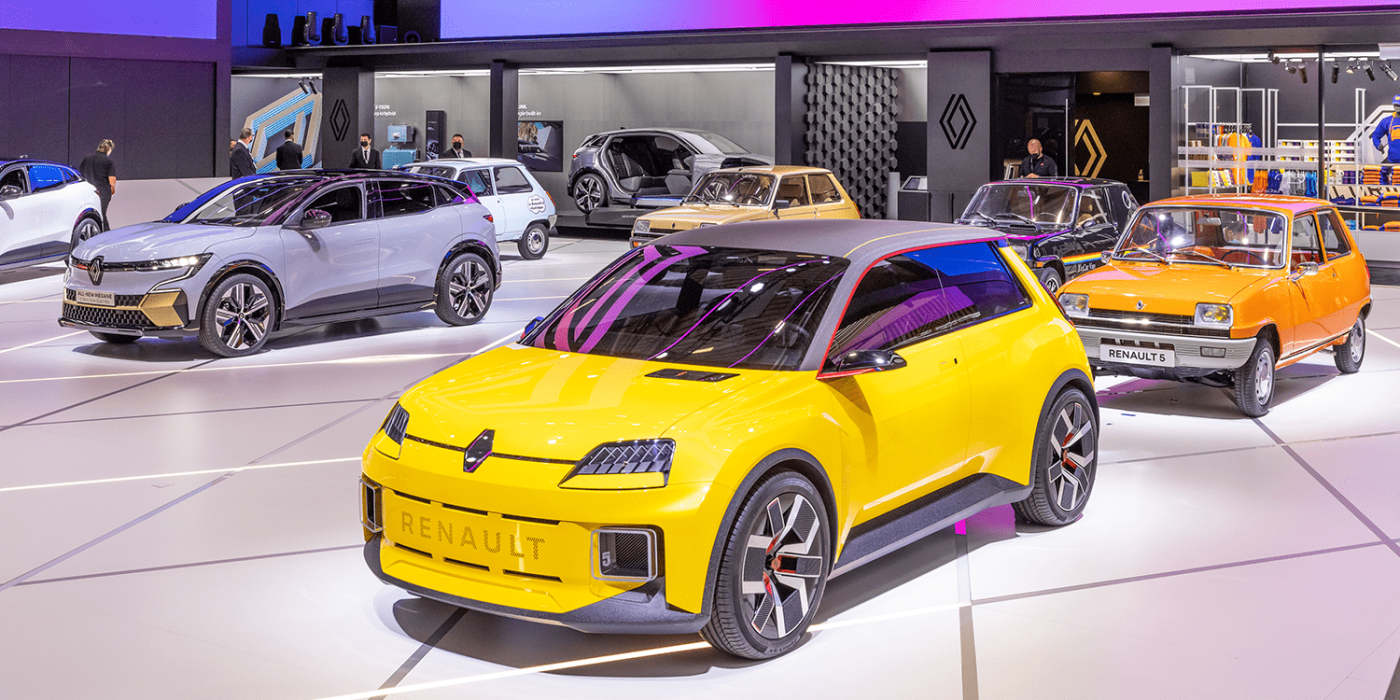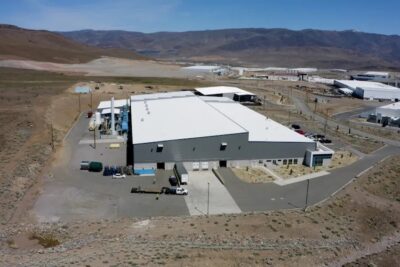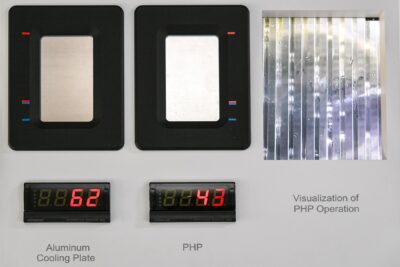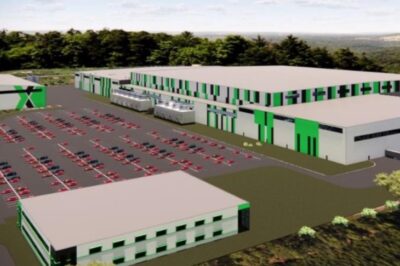Renault confirms Renault 5 to launch in 2024
Renault will launch the production version of the all-electric Renault 5 Prototype in 2024. This was confirmed by the French manufacturer during the presentation of the concept car at the IAA Mobility.
There had already been corresponding media reports in January. At that time, there was also the possibility that the production version could come as early as 2023 – now Renault has confirmed 2024. The small car will be built at Renault’s Douai plant in northern France, where an e-mobility cluster called Renault ElectriCity is also to be established.
The batteries for the small car will be manufactured by Envision AESC in Douai, not far from the Renault plant. As the French company announced in their EV-strategy presentation at the end of June, the affordable battery cells for the cheaper cars will also rely on NMC chemistry. Rumours from February that Renault was considering LFP cells for the Renault 5 have thus not been confirmed.
Renault is aiming for an entry price of 20,000 to 25,000 euros, as development boss Gilles Le Borgne now told Auto Express at the Munich show. “This will be a real affordable car,” Le Borgne said. Despite the entry-level price, the model has to be profitable: “That’s the challenge.”
For the entry-level price, however, there will not be the announced range of 400 kilometres according to WLTP. This range applies to the 52-kWh battery. As Le Borgne now confirmed in the interview, the entry-level model will be equipped with a 40-kWh battery – the development boss did not name a range here.
The entry-level version of the Renault Mégane E-TECH Electric, the production version of which was presented at the IAA, also has a 40 kWh energy content. It will not be the same battery, however, as the Mégane based on the CMF-EV platform uses cells from long-time supplier LG Energy Solution – the Renault 5 based on the CMF-BEV, on the other hand, mentioned cells from Envision AESC.
Le Borgne was still reticent about the electric car’s charging system and the battery’s fast-charging capability. When asked specifically whether the Renault 5 could be charged at up to 130 kW like the Mégane, the engineer said: “I would say it will be the same, close to that. It will be optional for the DC high-power charging, but what we do for R5 is Renault’s vision to make electric mobility affordable.”
Referring to this ambitious cost target, Le Borgne did not want to give any further data – as there is also still some time until the start of production. But: “If we can’t make BEV mobility affordable, we will be in trouble.”
renault.com (confirmation for 2024), autoexpress.co.uk (Le-Borgne)





0 Comments